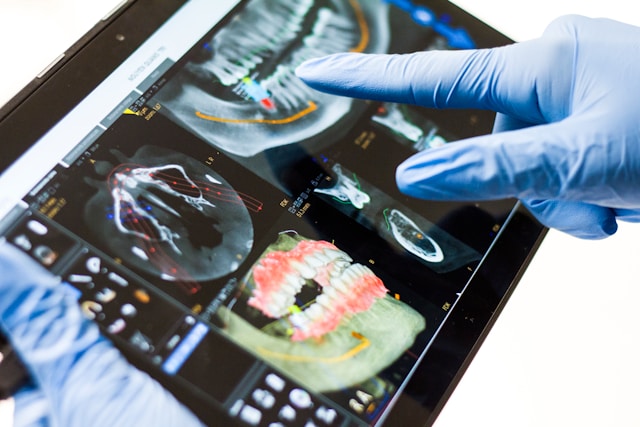Good or bad oral health affects the general health of a person. Dentists and medical experts found correlations between gum diseases, diabetes, smoking and obesity. Before consulting your doctor, your dentist might already have an idea of what’s going on.
Human body is made up of cells and they depend upon the nutrients supplied in the blood streams. But prior to this, nutrients have to go through digestive processes. Normally their point of entry is at the mouth. Those nutrients have to be chewed and swallowed. Thus, their first contacts are the teeth and gums. So, what’s the ideal diet for good oral health that can affect our holistic buildup?
Beverages
Water
The level of fluoride on tap water can remineralize teeth. Remineralization is the process when minerals are deposited again on the enamel layer of the teeth after being stripped away by acids. Mineral water which has pH level of 7.6 is found to be the least acidic among drinks.
Tea
Compounds called polyphenols in green or black tea can reduce the growth of bacteria and other toxins that cause cavities and gum diseases. Another antioxidant, catechin, can prevent harmful bacteria as well. A study also found out that tea is rich of fluoride which strengthens teeth.
Dairy Products
Milk
Calcium in milk can neutralize acids that are produced by plaque bacteria. Calcium also remineralizes teeth. It also contains a protein called casein that helps tooth structure and fortification.
Cheese
Cheese can lower acid or pH levels in our mouth because it has low sugar and acid contents. Chewing cheese also increases saliva production that naturally washes away bacteria from the mouth. Examples of these cheeses are cheddar, parmesan and other aged cheeses.
Yogurt
Yogurt is another source of casein. It also contains minerals like calcium and phosphates that help remineralize teeth.
Whole Grains
Oatmeal, whole wheat bread, brown rice, etc
A study shows that eating at least four servings of whole grains a day could lower the risk of periodontal diseases. These grains are said to be digested more slowly and that causes steadier increase of blood glucose.
Nuts and Proteins
Nuts and Seeds
They are a good source of protein and they are also packed with micronutrients such as phosphorous, magnesium, zinc, potassium and calcium. Almonds are especially good source of calcium.
Lean beef, poultry, eggs, fish, beans, etc
These protein-rich foods are also best sources of phosphorus. Both protein and phosphorous are minerals that can help protect and rebuild the tooth enamel. They are important for tissue development and provide immunity functions for the teeth.
Vegetables and Fruits
Raisins
Raisins contain phytochemicals that fight cavity-causing plaque bacteria. It has also antioxidants that fight the causes of inflammation and other gum problems. Raisin is naturally sweet but it has no sucrose content.
Pear
Fresh fruits normally stimulate the production of saliva. One fibrous fruit that has large degree of acid neutralizing effect on tooth surface is pear.
Oranges, Lemons, Kiwis, Strawberries
These fruits contain Vitamin C that helps and heals delicate gums. They can also reverse teeth discolorations that are caused by beverages such as coffee and wine.
Cranberries, blueberries, raspberries
They contain anthocyanin that can prevent pathogens from sticking to teeth. Cranberries also contain polyphenols like those on teas.
Carrots, Apples, Cucumber
Chewing these crunchy fruits can disturb plaque buildup. They are good teeth scrubbers and can increase salivation.
Celery
Raw celery is good for the teeth because when you chew, saliva production is triggered. The best feature of celery is that it can break down into many fibrous strands that clean the teeth naturally.
Others
Sugar-Free Gum
This gum contains xylitol that prevents plaques because it is sugarless. Chewing this gum can boost saliva secretion. Ideally it should be chewed 3-5 times a day.
Sesame Oil
Gargling sesame oil has resulted preventive effects against gingivitis.





